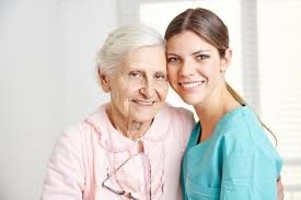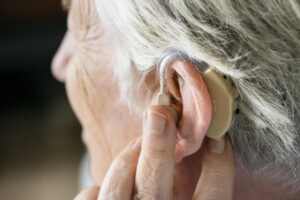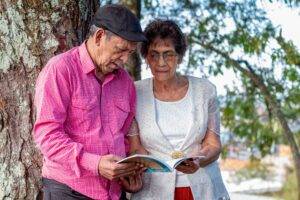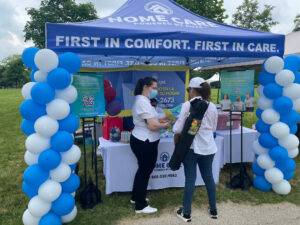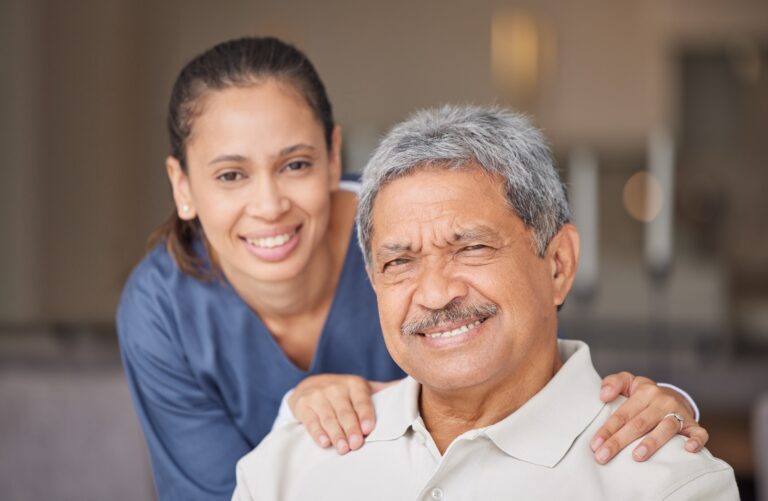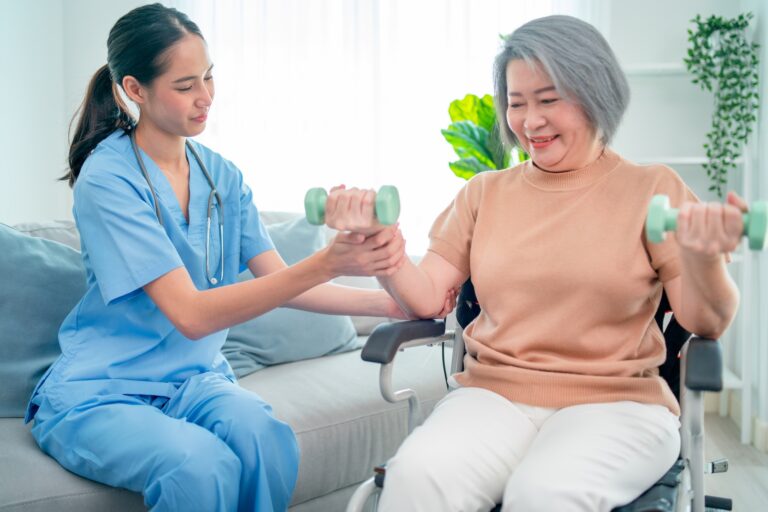As a caregiver, there are a wide variety of skills that you need when caring for others. One of the most important skills that you will utilize is clear communication. Communication lays the groundwork for all of the tasks that you will complete as an in-home care service provider.
Communication – Providing Care to Elderly Family Members
When you are caring for family members, you may find that your communication is different when you communicate with others. It’s important to think about the way that you communicate with family members and how that may affect the way you care for them.
Tips for Communication with Family
Listen.
To be able to properly communicate, you need to know what you are responding to. Don’t assume things about your parents or family members because you have known them for a long time. Taking the time to listen to what they say and what their concerns are in order to set you up to provide proper care.
Be Open.
Family members can have varying opinions on different matters that make communication difficult. Make sure you don’t shut down opinions just because you don’t agree with something. In providing care, you need to make sure you are open to what your recipient of care feels. If you aren’t, you run the risk of having your recipient of care keep important health or other concerns from you.
Respect Opinions.
It’s easier to get angry or frustrated with family members when communicating as opposed to people outside the family. This is because we are more comfortable with our family members. But as a caregiver, you need to recognize that your family member deserves respect and their opinions need to be heard just as much as anyone else’s.
Communication with Other Professionals
As a caregiver, you will constantly come in to contact with others that will work in tandem with you and your recipient of care. Caregiving involves many different people coming together. Because of this, it’s necessary for you to communicate effectively with the professionals around you. This will make it so that your recipient of care receives everything they need from outside parties and that you make your daily tasks efficient. Proper and clear communication with the professionals you come into contact with will make it so that everyone can execute their assigned tasks effectively.
Tips for Communication with Other Professionals
Ask Questions.
Often, we accept what other people say when we perceive them to have some authority. But in certain situations, it appropriate for you to ask questions to make sure that your recipient of care is receiving what they need.
Keep a Journal/Place for Notes.
There are many different tasks, reminders, and appointments that will come up in the day of a caregiver. Writing a daily journal of what was done or what needs to get done helps you in executing tasks and helps in providing crucial information to others that also care for your recipient of care.
Why it Matters to Home Care Powered by AUAF
At Home Care Powered by AUAF, we want our caregivers to provide quality care. Quality care comes from mastering a variety of different skills- one being communication. Communication lays the foundation for all other tasks to be accomplished properly and for the enhancement of long-term care. We value being a senior care agency that enhances the quality of life for our recipients of care.
Communication is an Essential In-Home Care Skill
Clear communication is one of the many skills that you will have to utilize throughout your time as a caregiver. It will enrich your interactions with your recipient of care and other in-home care professionals. There won’t be a day where communication isn’t an important aspect of care. That’s why it’s necessary to practice good habits with communication and to know how to appropriately communicate with different people. If you have any questions for us at Home Care Powered by AUAF, give us a call at 773.274.9262.
